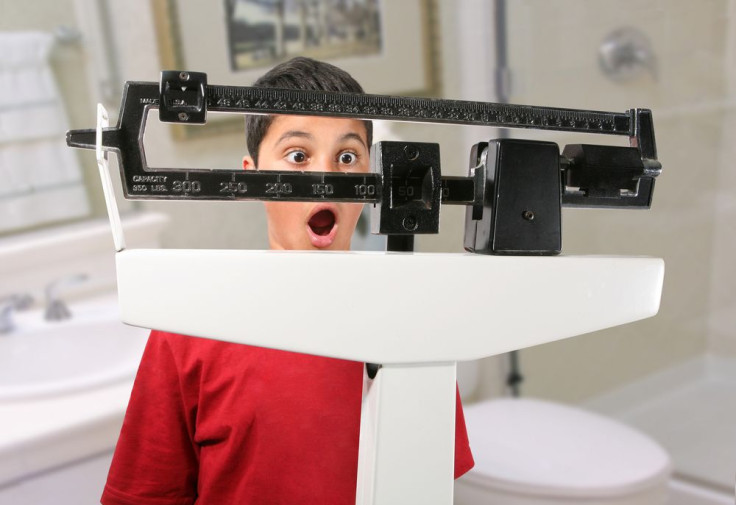Parents Of Overweight Children Consider Child's Weight Healthy; Over Half Think Obese Child Looks Normal

Step 1 in solving your child’s struggle with obesity is identifying the problem, but according to a new study, parents are neglectful of this first step. Research from the University of Nebraska-Lincoln has revealed that over half of parents fail to recognize a problem with their child’s weight, in spite of a recent increase in childhood obesity statistics.
According to the Centers for Disease Control and Prevention, more than one-third of children and adolescents in the United States are considered overweight or obese. Since 1980, the number of people under the age of 19 who were defined as either overweight (having excess body fat in terms of height from fat, muscle, bone, and water) or obese (having excess body fat) has doubled in children and tripled in adolescents.
"The cases that are missed by parents are actually really unfortunate because those are the cases where early intervention can have some good effects," Timothy Nelson, assistant professor of psychology at UNL, said in a statement.
Nelson and UNL graduate student Alyssa Lundahl combined data from 69 studies conducted around the world between 1990 and 2012. The meta-analysis involving children between the ages of 2 and 18 found that just over half of parents, 51 percent, are unable to recognize if their child is overweight or obese. Parents seem to become more realistic about their child’s weight as they got older due to their perception of “baby fat.”
"No matter where you are and no matter what the rate of obesity is in that area, parents are still underestimating the weight of their overweight children," she said. "Perceptions grow more accurate with age," Lundahl said. "Parents realize it's not just baby fat anymore and they're not going to grow out of it."
Results of this study have also determined that parents of children between the ages of 2 and 5 are less likely to recognize their child as overweight or obese. Parents are also less likely to define their child as obese if they themselves are overweight or if the child was a boy. For example, sons who were presumably underweight were actually normal weight. The research team also stressed the important roles of pediatricians in recognizing an overweight child, informing their parent, and taking appropriate steps.
"This is a topic that has a lot of implications for children and their weight," Lundahl added. "Parents who underestimate their children's weight may not encourage healthy eating and physical activities that can optimize their children's health and reduce their risk of obesity."
Source: Kidwell K, Lundahl A, Nelson T. Parental Underestimates of Child Weight: A Meta-analysis. Pediatrics. 2014.



























